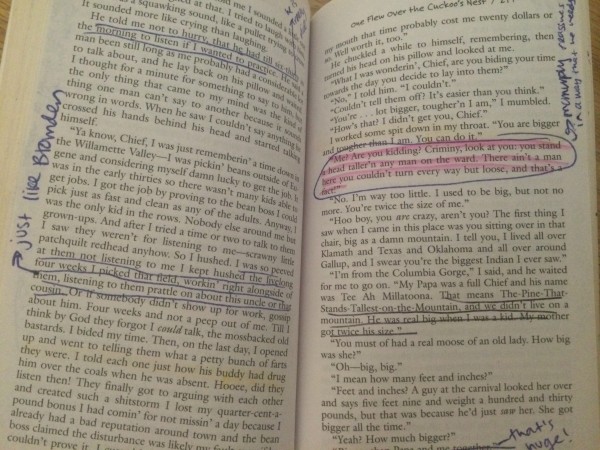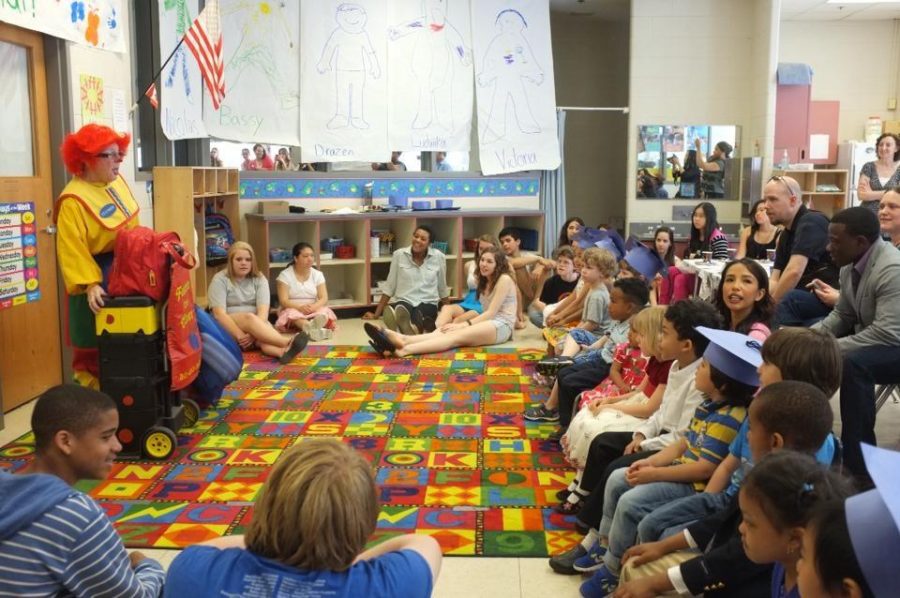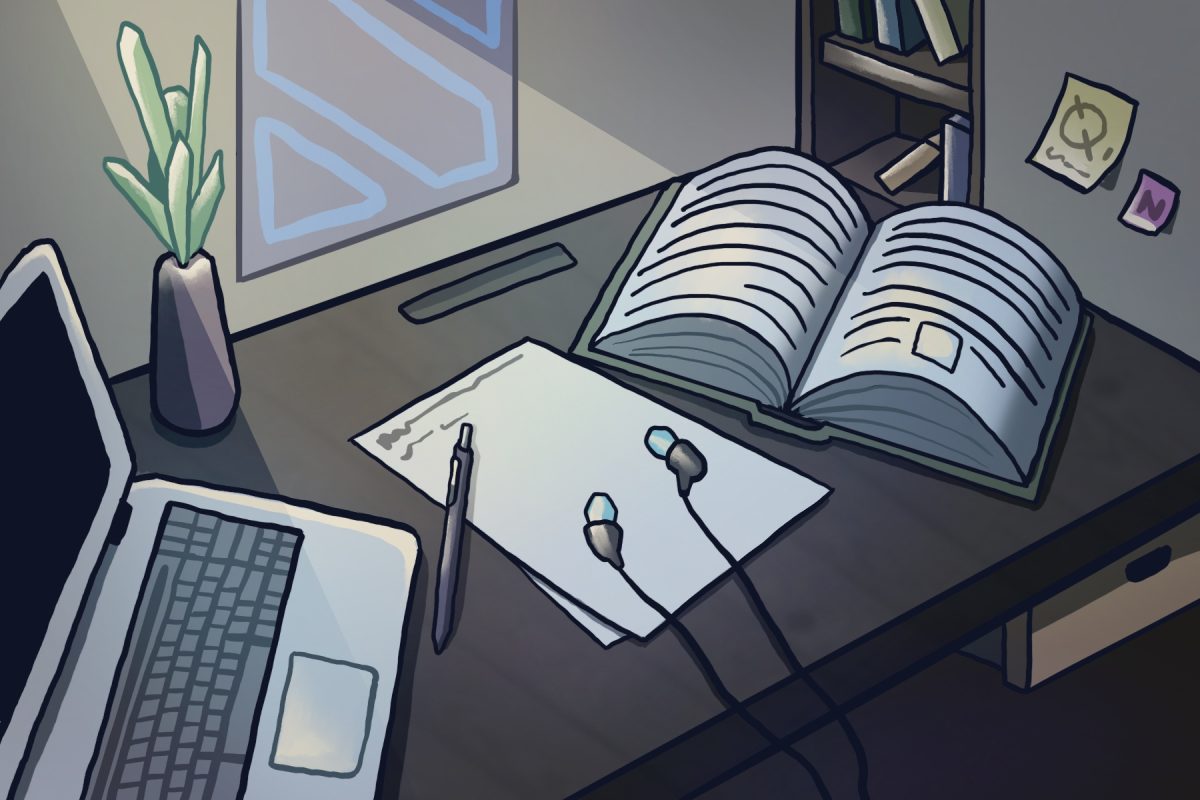I hate movie talkers. I don’t care if we’re in a theater or my family room couch; keep your tedious, dogmatic commentary out of the equation.
Entertainment should be immersive. There’s a reason people splurge 12 bucks to be put in a pitch-black theater with a gargantuan screen. There’s a reason people like to read a good book on the beach. It’s an experience, so don’t interrupt me.
I was informed the other day that where my AP English Literature summer reading assignment is concerned, there will be no actual grade assigned to my annotations, as they will be solely for my own benefit and ‘active reading.’ In that case, I respectfully decline.
This is not an outlandish dissenting opinion, I don’t think. It’s been voiced, in fact yelled and griped about, in many a high school conversation, but I haven’t seen a fleshed out dialogue in writing. So here we go. I’ll try not to get nasty.

For me, active reading is reading. Anything else is simply a disturbance. And I have to keep on chugging. It takes a little while for my train to get going (the Reading Railroad, if you will), but once it does I don’t want to stop it. Because to stop the train to scribble some notes down requires it to slowly heat up and accelerate again, and I lack the time or patience for that.
We’re going to try something here. Is he using the royal we? Who does he think he is? I’m tossing in some sample annotations for this paragraph. I want you to see how incessantly intrusive word choice, alliteration they are; how they dam the flow nice imagery of a beautifully put together literary masterpiece. A bit pretentious.
I mean, that’s an exaggeration. You can say that again. Ok stop. Sorry. But the point is a novel is written in a specific style. Every paragraph, every sentence, every word is carefully chosen by a writer or an editor, and I personally feel under-qualified to mess with the finished product. I need not add my own dialogue to Great Expectations; I just want to soak in what a fantastic novelist has kindly laid out for me to read.
I like to think about what the author wants. It’s like this: I don’t believe Shakespeare, or any play for that matter, is meant to be read. The scripts were written for the actors and directors, but the works of art were to be absorbed in the audience, not in the classroom.
In the same sense, I doubt Charles Dickens wanted his devoted readers to be furiously marking up his stories. It was entertainment—sorry, it is entertainment; so don’t disturb me by forcing a pencil into my hand. Allow me to sit back, relax, and enjoy the book.
Furthermore, annotating furthers the mindset that reading is a chore (which I’m positive is the polar opposite of what my AP Lit teacher wants me to think). Even if not graded, paranoia can easily set in to where a student will jot down an “I agree” or maybe a “huh?” just to throw ink at the tauntingly blank page.
So don’t make me annotate. I really don’t think that’s what reading is about. I comprehend more when I simply read. I learn more when I simply read. I enjoy the book more when I simply read. And most importantly, I’ll read more if you let me simply read. Amen.









Anonymous • Sep 9, 2014 at 10:46 pm
good work franklin
Michele Peake • Sep 5, 2014 at 10:32 am
Fantastic insight. Reading should be enjoyed and too often asking students to annotate, take notes, etc. is what kills the love of reading.
Denise Ford • Jun 19, 2014 at 9:23 pm
Great article!